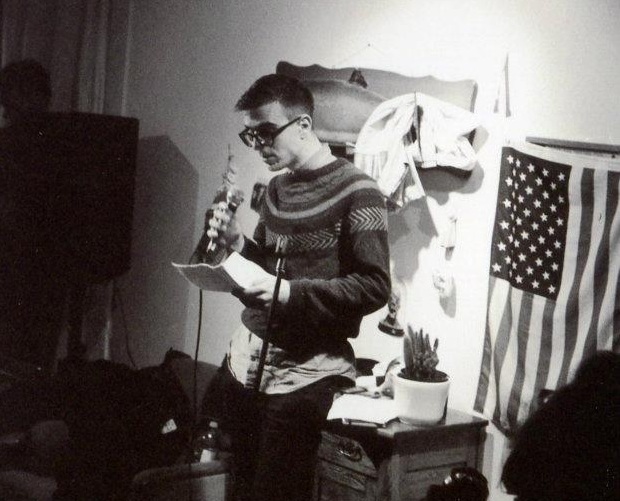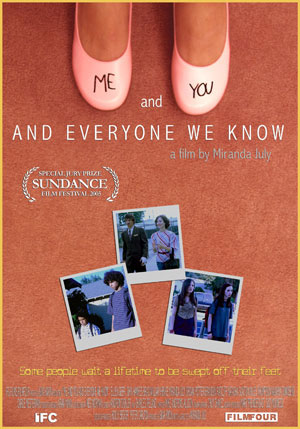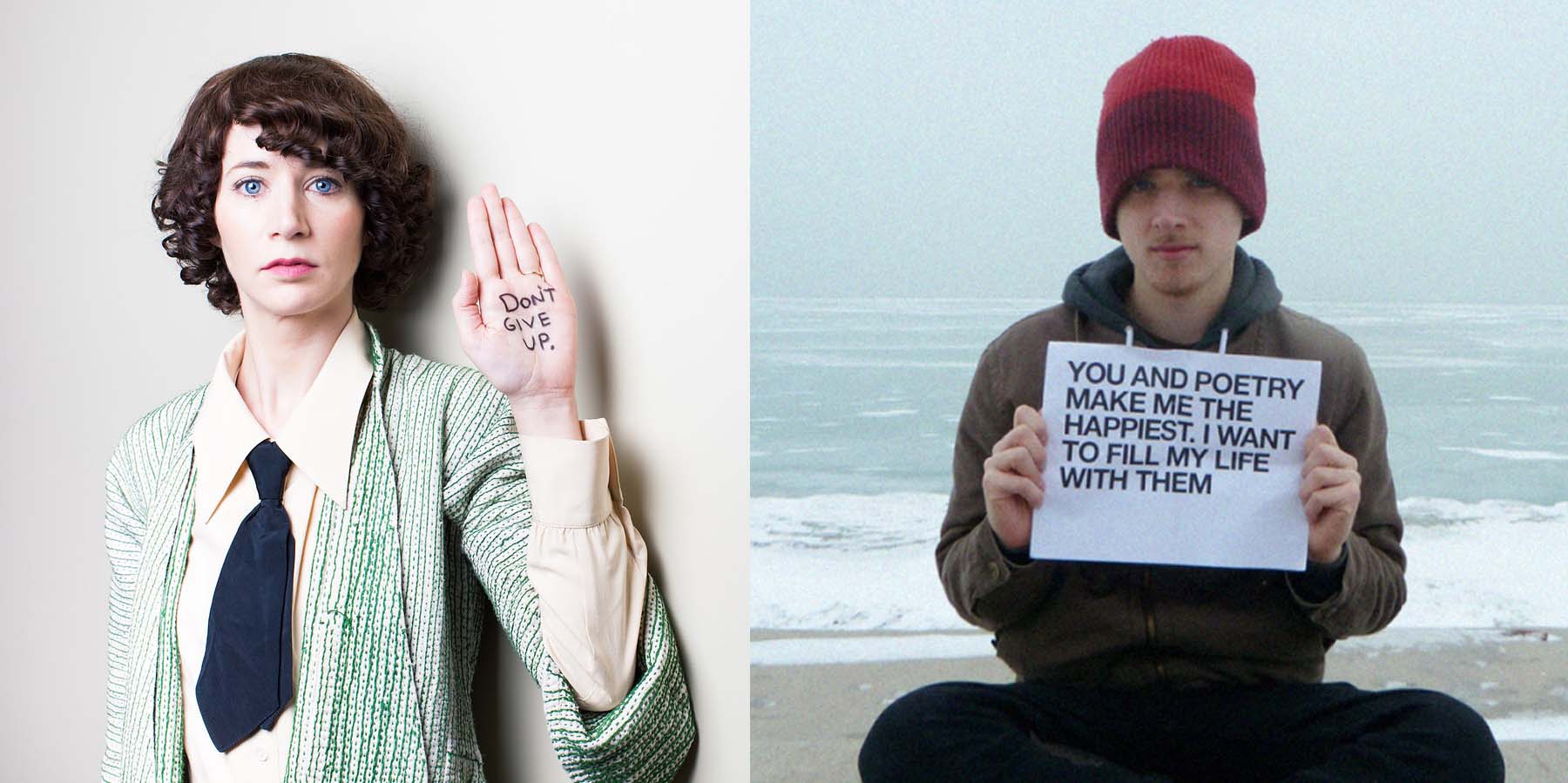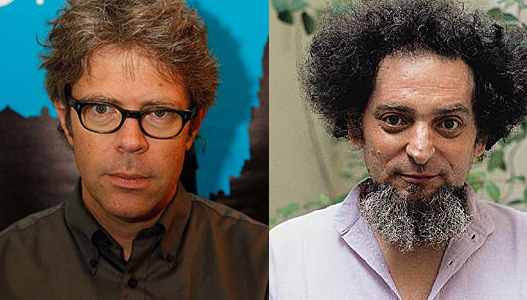Daniel Bailey on ‘The New Sincerity/Alt-Lit’
For those interested (and for those who haven’t already read it), Daniel Bailey has written a tiny bit of a response to the recent discussion of The New Sincerity/Alt-Lit at his Tumblr thingy. You can read Part 1 and Part 2 if you’d like.
Excerpt below from Part 2:
I think Alt Lit is mostly posturing. It’s attaching one’s self to something larger and riding along. Alt Lit is a great white shark and the myriad Alt Lit writers are remoras along for the ride. The only thing is that Alt Lit is not yet a large great white shark. It’s still small. Aside from Tao Lin, who predates Alt Lit and, imho is not Alt Lit because he has his own vision, and Steve Roggenbuck, no Alt Lit writer has created anything that will last beyond Alt Lit’s moment. The shark is not big enough to carry the weight of so many remoras. Steve Roggenbuck, at this point, IS Alt Lit. All others are simply followers. Steve Roggenbuck is to Alt Lit as Nirvana was to grunge.
Interview with Guillaume Morissette

Q: Hi, Guillaume. Who are some of your favorite authors/what are some of your favorite books?
A: A nonfiction book called, ‘A History of Celibacy’, I forget its author. Also Mark Leyner, Clarice Lispector, recent stuff like Lidia Yuknavitch/Tao Lin/Blake Butler, Bill Bissett, older stuff like René Daumal/Ikkyu/Pessoa, canon stuff like Ann Beattie/Lorrie Moore/Lydia Davis/Amy Hempel, Jean Rhys, Alain Robbe-Grillet, some Saul Bellow, ‘The People of Paper’ by Salvador Plascencia, other things.
Q: I’m a big fan of Clarice Lispector. Which one(s) have you read? What do you like about her?
A: I recommend, ‘Hour of The Star’ to people a lot. For a while, she didn’t feel like a human person to me, she felt like some sort of superhuman or terminator sent from the future to write sharp commanding novels with intensely lucid individual sentences, like I read somewhere that after ‘Passion According To GH’, she fell asleep holding a cigarette and injured her typing hand in the fire and then somehow still went on to produce another 8-10 books after that. Then at some point I read, ‘Near To The Wild Heart’, her first novel, and it made me feel closer to her and think of her as a person, and that made me question what I wanted my own writing to make me ‘come across as’, and my answer to that was: flawed, profoundly flawed, but hopefully lucid about the flaws and maybe minimally theatrical about them.
23 brief replies to Blake Butler & Elisa Gabbert & Johannes Göransson & Chris Higgs re: (dear god, what else?) the fucking New Fucking Sincerity

ToBS R∞: Arguing in blog posts and on Facebook about aesthetics vs. Going out for a pleasant dinner together, then taking a nice walk at sunset in a park
I’ve decided that, from now on, all I’m going to write about at this goddamned site is this goddamned thing.
… No, seriously, I’m delighted that so many have chimed in. Thanks to everyone! I thought one massive reply would be easiest. If you read this whole thing, may your god shower blessings upon you. And if I missed any pertinent responses, kindly direct me to them in the comments. (I was traveling last weekend, and as such had trouble keeping up with all the discussion.)
1.
I’ve claimed (here, here, here) that one thing at stake in the New Sincerity is the discovery of what maneuvers currently count as “feeling sincere.” That such maneuvers exist I consider more an observation than a topic for debate. E.g., Blake, in his recent post about Marie Calloway’s Google doc pieces, wrote that Calloway’s recent work:
What we talk about when we talk about the New Sincerity, part 2

"Hi, How Are You?" cover art by Daniel Johnston (1983); "financially desperate tree doing a 'quadruple kickflip' off a cliff into a 5000+ foot gorge to retain its nike, fritos, and redbull sponsorships " by Tao Lin (2010)
It made me very happy to read the various responses to Part 1, posted last Monday. Today I want to continue this brief digression into asking what, if anything, the New Sincerity was, as well as what, if anything, it currently is. (Next Monday I’ll return to reading Viktor Shklovsky’s Theory of Prose and applying it to contemporary writing.)
Last time I talked about 2005–8, but what was the New Sincerity before Massey/Robinson/Mister? (And does that matter?) Others have pointed out that something much like the movement can be traced back to David Foster Wallace’s 1993 Review of Contemporary Fiction essay “E Unibus Pluram: Television and U.S. Fiction” (here’s a PDF copy). I can recall conversations, 2000–3, with classmates at ISU (where DFW taught and a number of us worked for RCF/Dalkey) about “the death of irony” and “the death of Postmodernism” and a possible “return to sincerity.” Today, even the Wikipedia article on the NS also makes that connection:
Theory of Prose & better writing (ctd): The New Sincerity, Tao Lin, & “differential perceptions”
In the first post in this series, I outlined Viktor Shklovsky’s fundamental concepts of device (priem) and defamiliarization (ostranenie) as presented in the first chapter of Theory of Prose, “Art as Device.” This time around, I’d like to look at the start of Chapter 2 and try applying it to contemporary writing (specifically to the New Sincerity). As before, I’m proposing that one can actually use the principles of Russian Formalism to become a better writer and a better critic.
Viktor Shklovsky wants to make you a better writer, part 1: device & defamiliarization
When I was finishing up my Master’s degree at ISU, I worried that I still didn’t know much about writing—like, how to actually do it. My mentor Curtis White told me, “Just read Viktor Shklovsky; it’s all in there.” So I moved to Thailand and spent the next two years poring over Theory of Prose. When I returned to the US in the summer of 2005, I sat down and started really writing.
I’ve already put up one post about what, specifically I learned from Theory of Prose, but it occurs to me now that I can be even more specific. So this will be the first in a series of posts in which I try to boil ToP down into a kind of “notes on craft,” as well as reiterate some of the more theoretical arguments that I’ve been making both here and at Big Other over the past 2+ years. Of course if this interests you, then I most fervently recommend that you actually read the Shklovsky—and not just ToP but his other critical texts as well as his fiction, which is marvelous. (Indeed, Curt has since told me that he didn’t mean for me to focus so much on ToP! But I still find it extraordinarily useful.)
Let’s talk first about where Viktor Shklovsky himself started: the concepts of device and defamiliarization.





